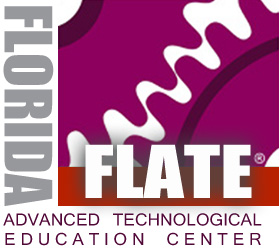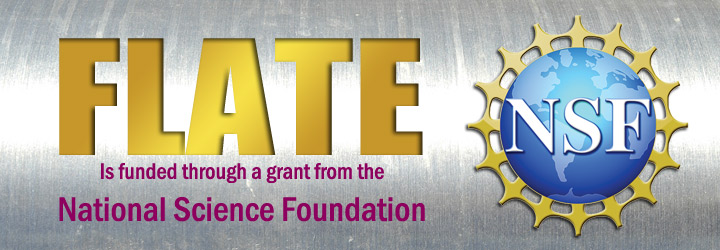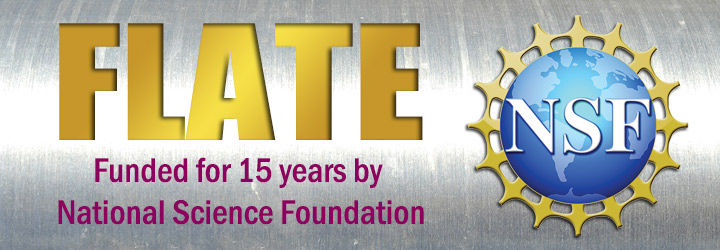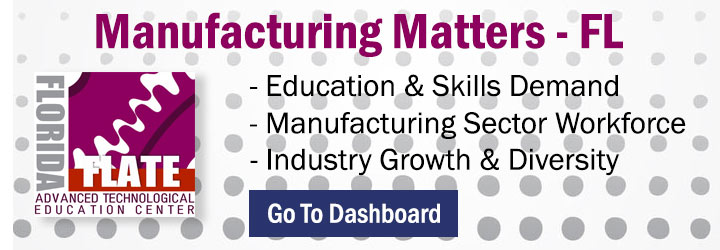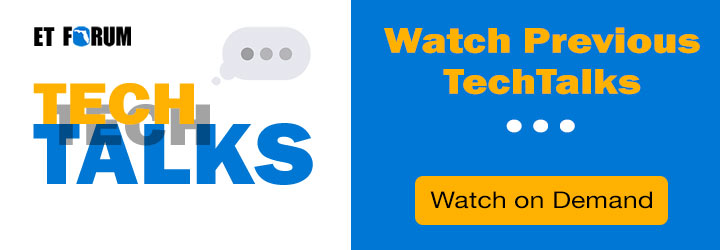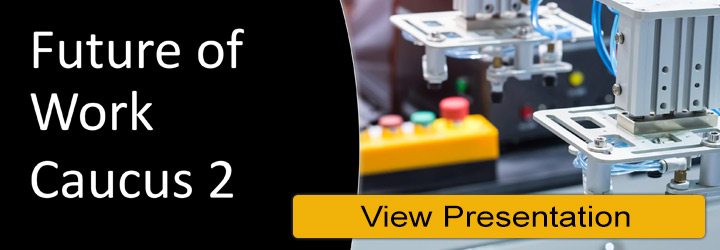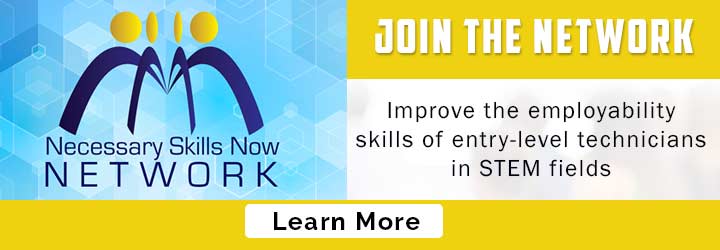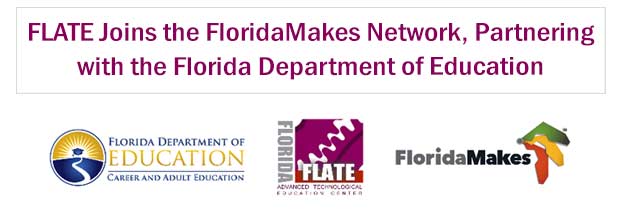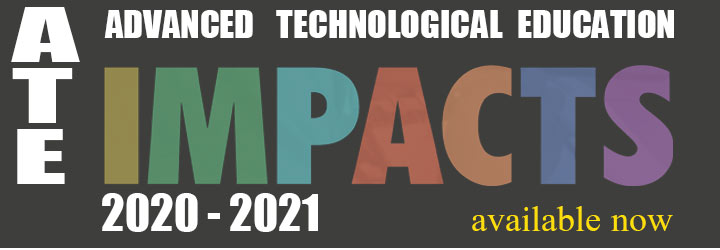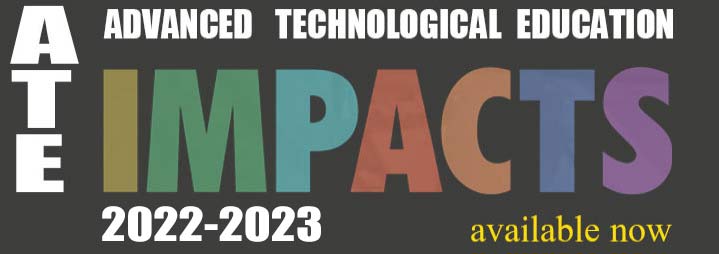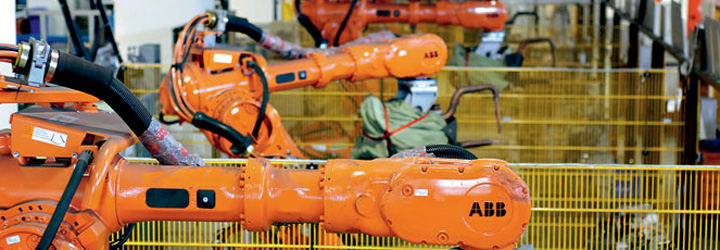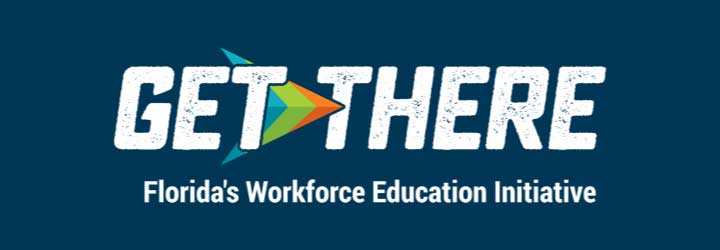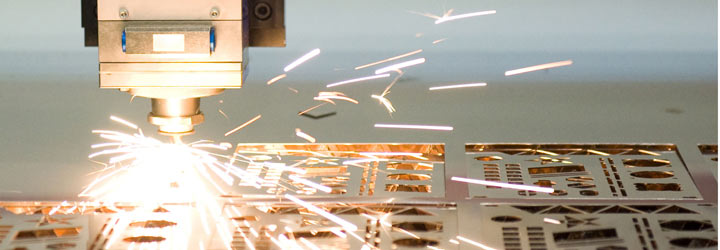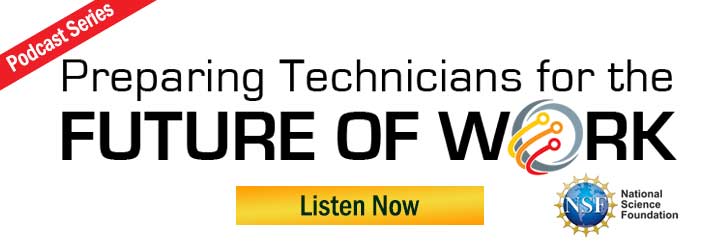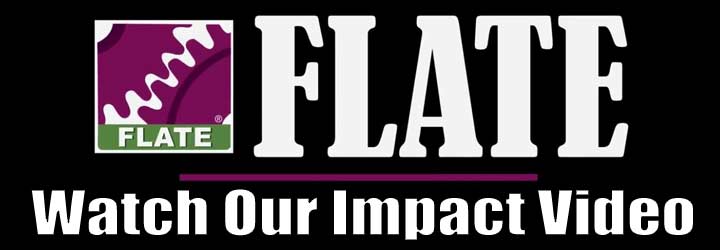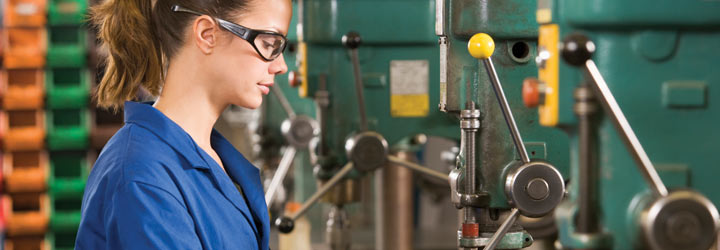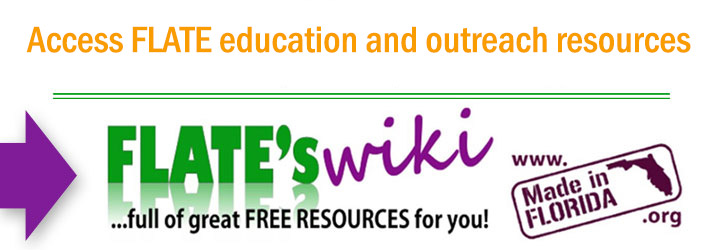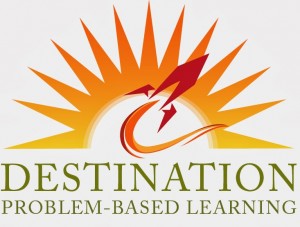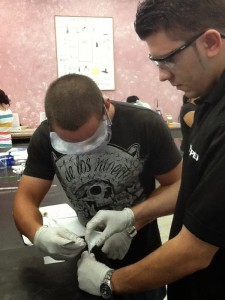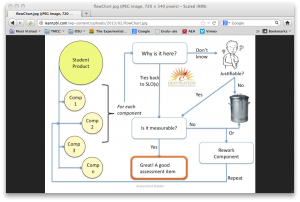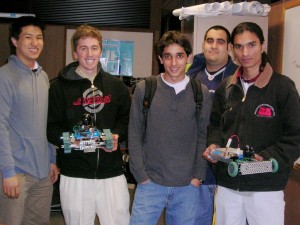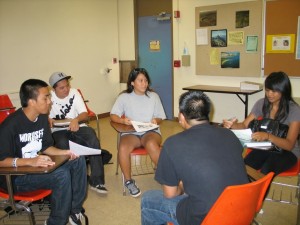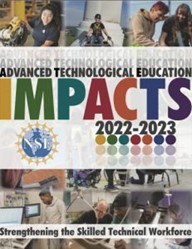National Science Foundation funded project Destination: Problem-Based Learning (DPBL) says, PBL is about creating self-directed, self-managing, adaptive learners who will be successful in the ever-changing, globally competitive workplace. PBL challenges students to solve real-world problems, create deliverables, and present reports, or results that match what they will face in their professional careers. “The world of work–the pace of technical change, relationship of employers and employees, the very jobs that are out there now and will be out there 10 years from now are different. The competition is global” says Ostrander. PBL arms students with capabilities/soft skills needed to succeed in the rapidly changing workplace.
and cultivated remains. For the naysayers, this is probably where the DPBL project takes over. The Destination: Problem-Based Learning (DPBL) project is a large-scale materials development project funded by the NSF ATE program and located at Truckee Meadows Community College in Reno, NV. The Destination PBL project advocates for the scaling up of PBL though (a) deepening its understanding of PBL in practice through faculty action research; (b) sustaining work by building a knowledge network that supports efforts to expand the adoption of PBL in workforce education and builds a shared knowledge base, and (c) spreading research-based knowledge of how to create PBL materials, facilitate PBL workshops, guide PBL classrooms, and build PBL community. “These actions support our goals to develop resources, knowledge, and processes to support faculty in their efforts to change their professional practices, and to develop and implement PBL that aligns with industry requirements for technicians and increases student engagement and learning” Ostrander said.
has created an online Scenario Building model, process, and tool based on Google Sites. The companion Assessment Builder and Assessment Guide lead faculty through the process of creating an authentic assessment plan and items for their classes. Scenarios and Tasks created with the scenario builder by project faculty and workshop participants are available online at learnpbl.com.
importantly how are educators using DPBL’s resources to integrate PBL into every day curriculum? Co-PI and Training Director, Judy Fredrickson, Ph.D.’s intro to programming course is entirely PBL. Students are new programmer trainees in an alternative energy company. The first day students are handed documentation like new employees in a company would get, assigned to a team, and asked to install and test a compiler. As the term progresses, the students produce programs, test cases, documentation, presentations, and other products common to the professional world of programming. Likewise instructors at other partner colleges have collaborated on scenarios and tasks whereby students can develop and analyze products or software.
structure. DPBL hopes to offer workshops with new partners in May/June 2014. The goal of the workshop is for faculty to create a scenario, tasks, and assessments they will use in their classrooms, and have the skills to successfully implement the tasks in their classrooms when they leave the workshop. DPBL is also currently working with AMTEC in Kentucky to support their efforts to convert the curriculum they’ve developed for advanced manufacturing technicians into PBL. DPBL also looks forward to working with FLATE in offering similar workshops in the future, or collaborating with FLATE to add PBL to the Center’s toolkit.
Terms of Use | Privacy Statement
Copyright © 2024 All Rights Reserved
